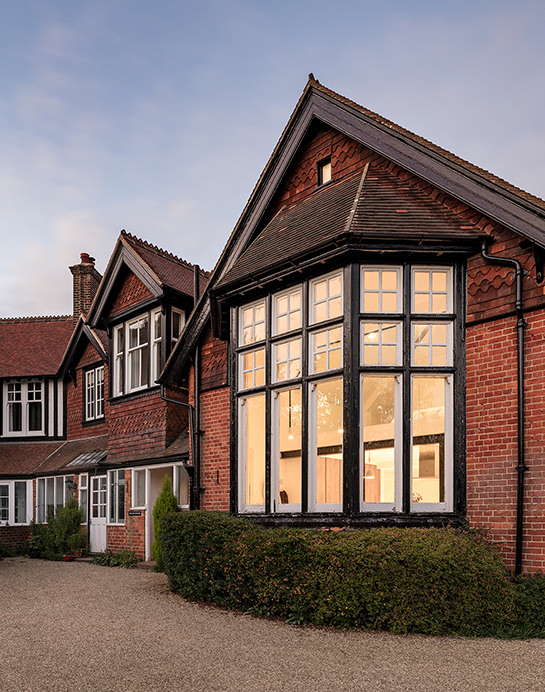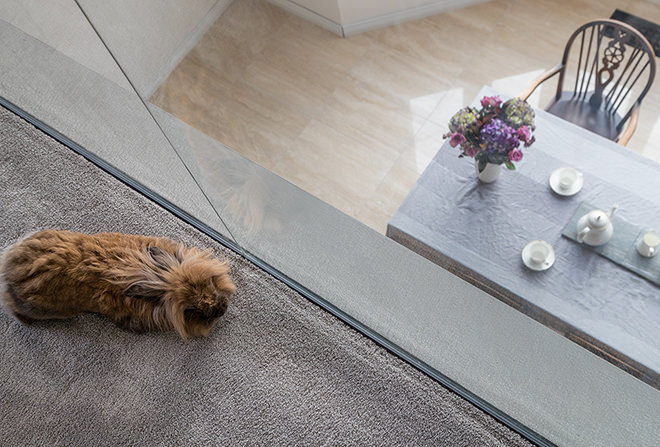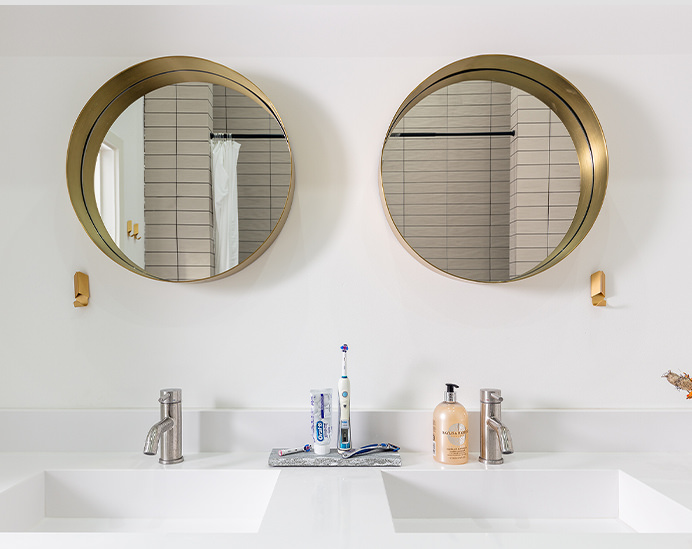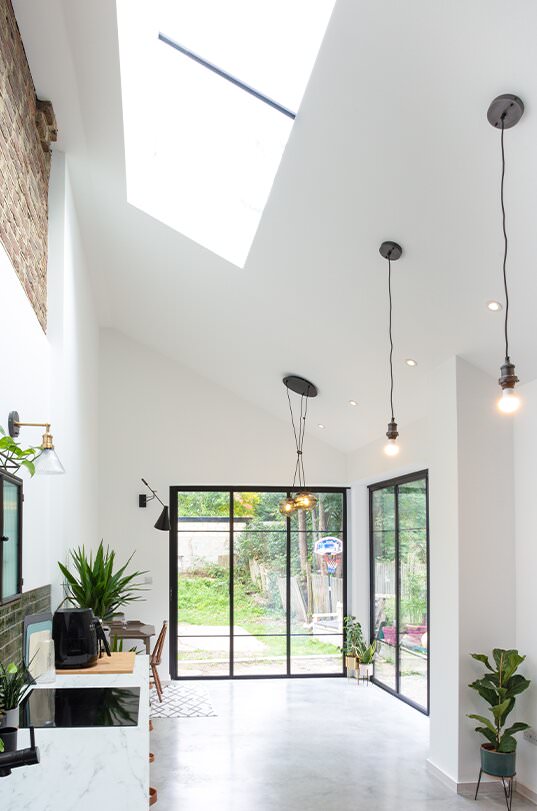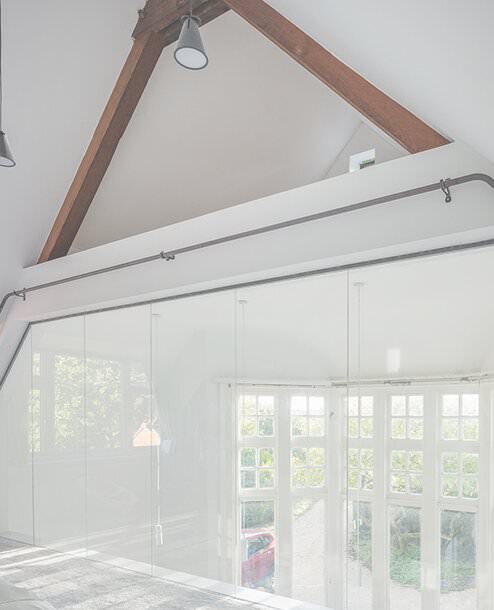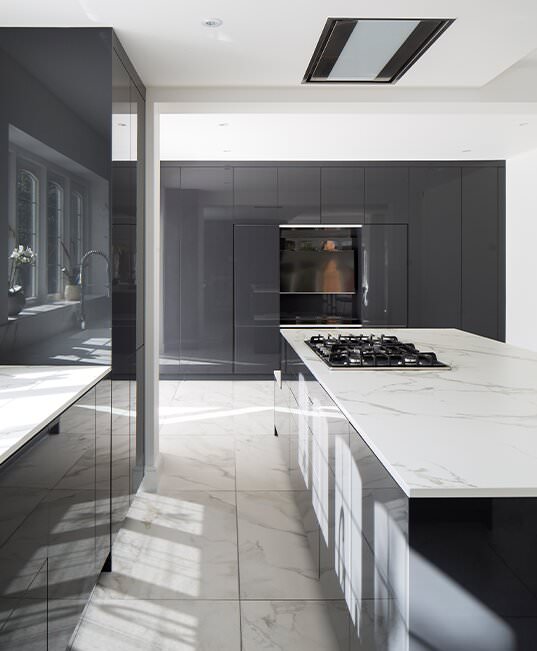The Post Covid Tourism sector
April 1, 2021
With the vaccines rapidly taking effect and lockdowns coming to a close, the UK opening back up on April 12th. The day will come when people will start being able to go on a staycation - rejoice!
Meanwhile, international travel is currently being penciled in as 17th May (or later?). But will likely still involve restrictions and conditions such as COVID-19 testing and self-isolation periods. So what does this mean for the UK’s tourism and construction industry?
Short term, according to sky news it’s predicted that staycation prices are to increase by circa 35% due to the pent up demand caused by COVID-19 and the lack of alternative destinations. So despite the hospitality sector taking one of the biggest hits during the pandemic, is there a place for the sector to now boom?
We believe so and have seen the evidence of this through a number of schemes and enquiries that have come through our door. Being engaged with local forums we’ve seen first hand how hard the high streets have been hit and how tourism can play a central role in regenerating our towns and high streets. So how do we get planning for a holiday let unit?
First stop, it’s good to understand what planning class is involved. The short answer is C3 – the same as residential. But wary of the subcategories:
1 - C3A: Covers use by a single person or family.
2 - 3B: Covers up to six people living together as a single household.
3 - C3C: Covers groups of up to six people living together as a single household.
4 - C4: Houses in multiple occupations - Small shared houses occupied by between three and six unrelated individuals, as their only or main residence, who share basic amenities such as a kitchen or bathroom.
TYPOLOGIES: What types of holiday let properties are there?
There are several typologies of property that can be used as a holiday let property.
1 - Using existing residential properties
If you’re thinking of turning your house into a holiday let, then first you need to check in with your local authority to ensure you’re not contravening any underlying planning conditions that may exist.
In London, the government allows short lets without planning permission as long as the cumulative number of nights does not exceed 90 in a calendar year as long as the property owner pays council tax.
There are also potential implications on your mortgage and insurance so be sure to check with your brokers.
2 - Outbuildings
You can create outbuildings within your property curtilage via traditional planning permission mechanisms or via permitted development rights. Check-in with your chosen architect or planning consultant to understand the pros and cons of each method. Typically the route you choose will depend on your appetite for:
a. Planning risk - permitted development will usually be a lower risk application than traditional planning methods but it must meet set design criteria as stated by the General Permitted Development Order.
b. Design aspirations – should your design aspirations not meet the criteria above, then it’s likely to be applied via a traditional planning application.
CASE STUDY : Holiday let units in Westhumble
Our project in Westhumble, Surrey involved an existing derelict structure in the greenbelt, an area of outstanding natural beauty, and area of great landscape value. In short - a sensitive site. Getting planning permission for a residential unit here was highly unlikely, but its location beside local attractions - Box Hill and Denbies meant that the site lent itself well to a holiday let.
Our design approach was to bring a unique, sustainable and attractive proposal to the site to entice tourists to the area and play some part in rejuvenating local commerce. As a planning mechanism, we were assessed against Very Special Circumstances as stated within NPPF paragraph 141-144. Without going into the ins and outs, this meant that we were bringing a previously derelict and vacant site back into use with an attractive and sustainable building that would benefit the immediate context and town.
Generally speaking, location and the commercial impact and benefits play a key role in these applications. So when you’re considering a potential site, consider its connectivity and relationship to local tourist attractions.
If you've a holiday let project that you'd like to discuss with us, feel free to give us a shout at [email protected] or call us on 0208 1441737.
